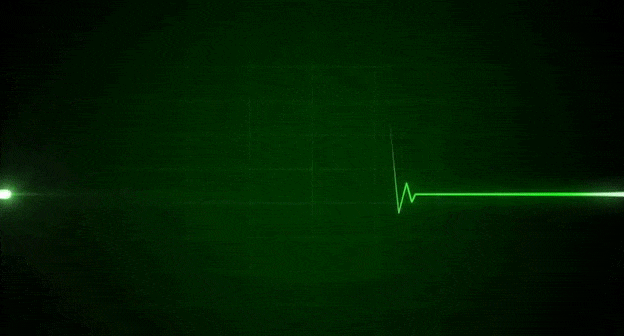High Cholesterol
Every year, more than a million Americans have heart attacks and a half million die from heart disease. High cholesterol is your body’s warning signal that you are at greater risk for a heart attack.
Cholesterol is a waxy substance found in the fats in your blood, and it is instrumental in helping your body build cells. In fact, your body needs some cholesterol to remain healthy. But when cholesterol counts climb upward, problems can begin. High cholesterol can leave fatty deposits in blood vessels, contributing to “hardening of the arteries.” These deposits can deprive your heart of the oxygen-rich blood it needs (causing a heart attack) or restrict blood flow to the brain (causing a stroke), or other serious problems.
There are no outward symptoms of high cholesterol. Your physician will have to perform a blood test to determine your cholesterol levels. This is often called a lipid panel or lipid profile. Ideally, your total cholesterol number should be below 200. A measurement of 200 to 239 is considered borderline high, and anything above 240 is considered high.
But just as there are two sides to every coin, there are also two sides to cholesterol numbers.
Your total cholesterol number is a comprised of the amount of low-density lipoprotein (LDL) –often referred to as “bad cholesterol”— in your blood, plus the amount of high-density lipoprotein (HDH)—aka “good cholesterol.” Bad cholesterol can block arteries, while good cholesterol can actually prevent your arteries from being clogged. Your physician examines these numbers, comparing the ratio of “good” to “bad” cholesterol, to determine the best course of treatment, which may include lifestyle changes and/or medication. Your physician will be happy to discuss these numbers with you in detail and what they mean for your heart’s health.
What Puts You At Risk For High Cholesterol?
Smoking
Poor diet
Lack of exercise
High blood pressure
Family history of heart disease
Diabetes
Having a body mass index (BMI) of 30 or greater. Your BMI is a number calculated using your weight and height. Not sure of your BMI?
Treatments for High Cholesterol
Your doctor will tailor a treatment plan for you, which will include lifestyle changes, diet and exercise. However, if these fail to lower your cholesterol, your doctor may recommend medication. It is important to speak with your physician about any questions or concerns you may have concerning your medication. Your physician will evaluate your progress through blood tests.
Sources:
- US Department of Health and Human Services
https://www.dhhs.nh.gov/dphs/cdpc/hdsp/cholesterol.htm - Mayo Clinic
www.mayoclinic.com/health/high-blood-cholesterol/DS00178
What Patients Say
Dr. Sachdeva is the most caring Doctor I have seen. She is amazing and provides good feedback on keeping the good balance between tablets, exercise and monitoring. She stresses on wellness rather than illness. She is very courteous and professional.
I have been of patient of the North Raleigh Medical Center for almost 15 years. The staff always has been welcoming and accommodating. I enjoy the convenience of the walk-in clinic for my family’s needs. All the providers give comprehensive yet compassionate care.




